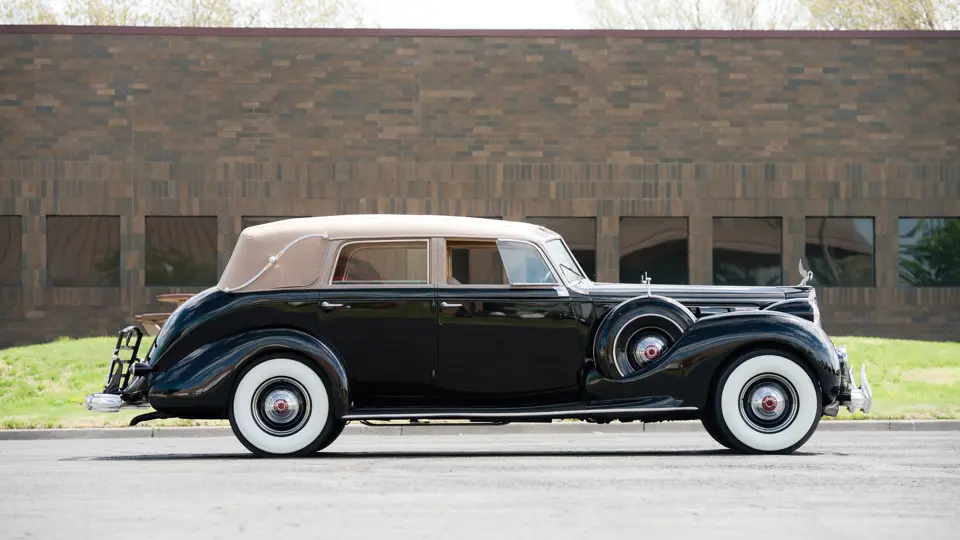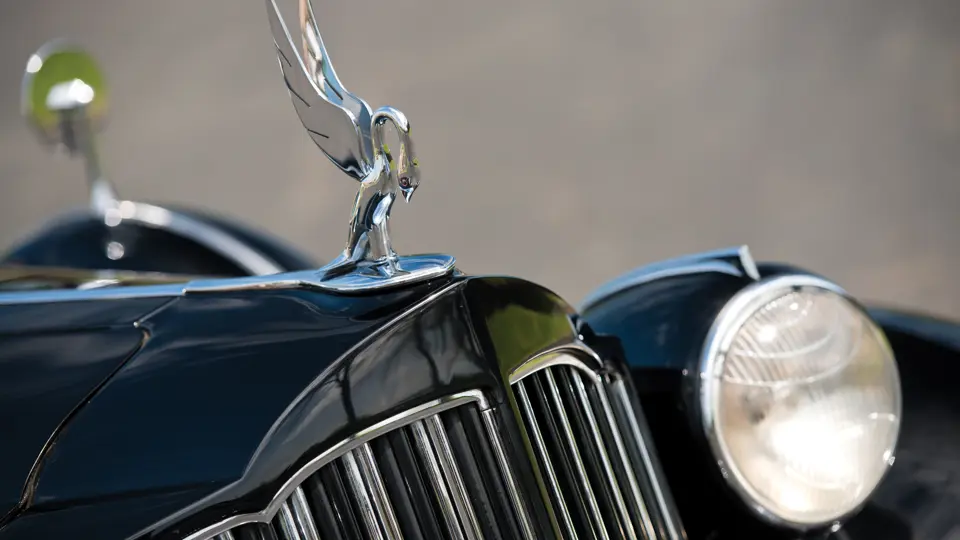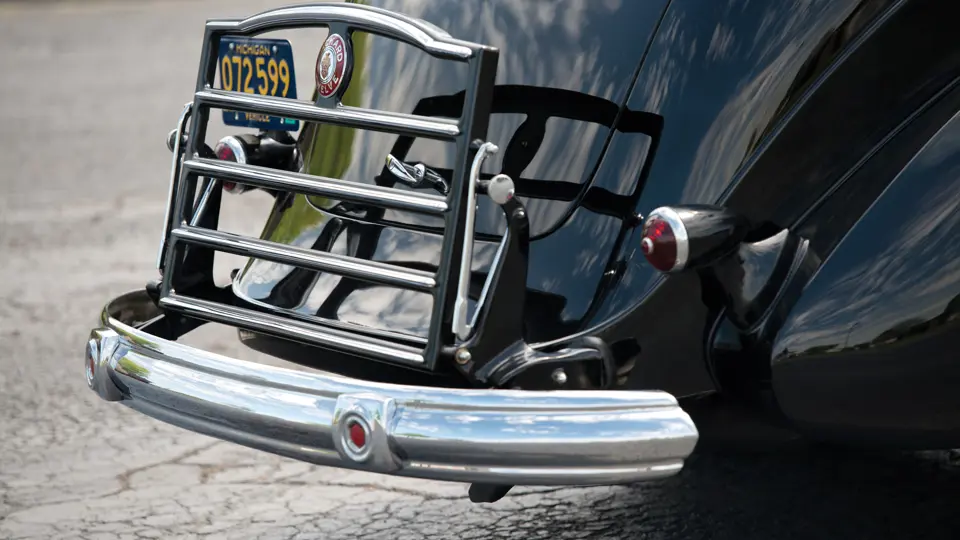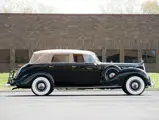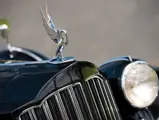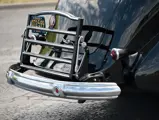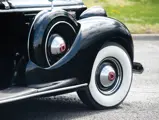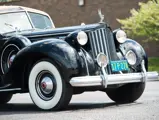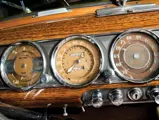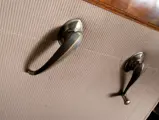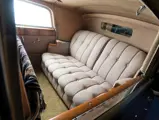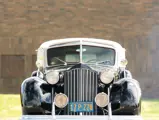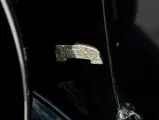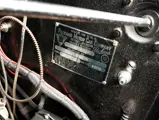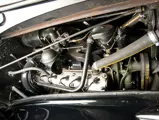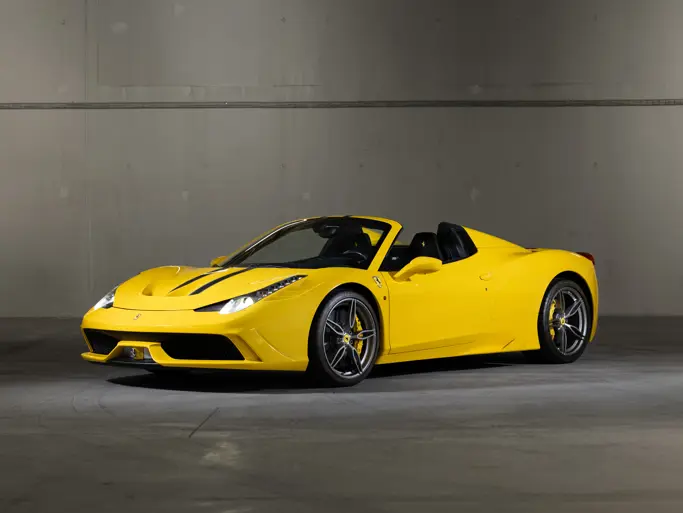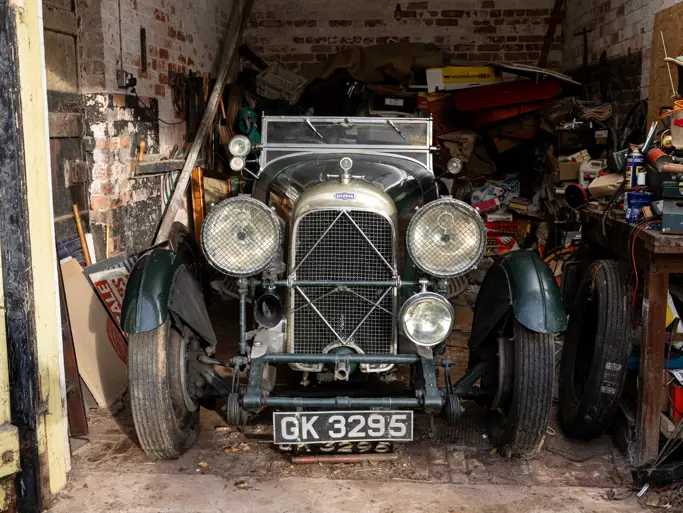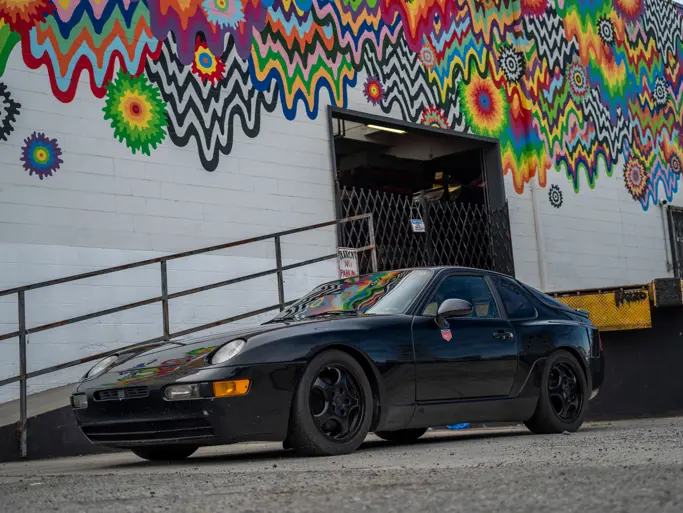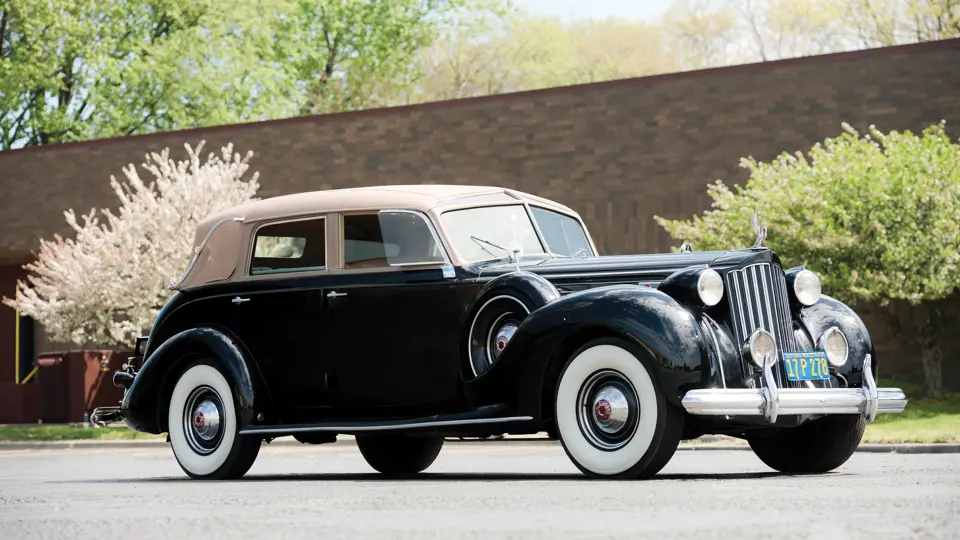
1939 Packard 1708 Twelve Touring Cabriolet by Brunn
{{lr.item.text}}
$123,750 USD | Sold
From the Richard and Linda Kughn Collection
{{bidding.lot.reserveStatusFormatted}}
- From the collection of Richard and Linda Kughn
- One of the last Packard “catalogue customs”
- The first of only two built in 1939
- Intriguing Hollywood connection
- A well-preserved, largely original car
Series 1708. 175 bhp, 473.3 cu. in. L-head V-12 engine, three-speed column-shifted manual transmission, coil-spring independent front suspension, semi-elliptic leaf spring rear suspension, and four-wheel hydraulic drum brakes. Wheelbase: 139 in.
Hermann Brunn apprenticed with his uncle’s carriage-building firm before setting up his own company to build automobile bodies in Buffalo, New York, in 1908. While closely tied with Lincoln in its early years, it eventually branched out to work on all the prestigious chassis of the Classic Era.
In 1936, Brunn designed for himself a handsome, long-wheelbase limousine body that combined modern, rounded streamlined design with the classic folding landaulet top of 1910s formal cars. An especially interesting feature was the dual-tinted glass “Neutralite” skylights mounted above the windshield, a Brunn innovation intended to allow the owner, or, more likely, his chauffeur, to easily view stoplights. The design could be had with or without the traditional town car-style open driver’s seat.
Dubbed the touring cabriolet, this design was appreciated by Packard enough that they asked Brunn to build a few of them on the V-12 chassis in 1938 and 1939. Packard sent chassis directly to Buffalo. Brunn crafted the bodies using Packard factory convertible sedan door stampings, which were reportedly not up to the coachbuilder’s high standards of excellence, requiring their craftsmen to modify them extensively. As a result, these “semi-customs” became, essentially, fully custom bodies, as perfectly tailored as anything Brunn built to order.
The car shown here is body number one of a believed two Style 4086 closed-roof touring cabriolets built in 1939, the last year of V-12 production. This marked the end of the line for not only one of the Classic Era’s finest automobiles, but also one of its finest coachbuilders. At $8,355 each, these were also the most expensive factory-authorized Packard Twelves ever built.
This example is believed to have been delivered through Packard’s “dealer to the stars,” Earle C. Anthony, whose Los Angeles dealership sold more new Packards than any other in the world. Reportedly, Anthony sold this particular car to Ray Noble, who achieved success in his native England as a bandleader and composer. He brought this fame to the United States in 1934 and enjoyed a successful run with his band at New York City’s famed Rainbow Room before relocating once again to Los Angeles and moving into film work. His work in Hollywood was mostly limited to conducting and scoring for major motion pictures, but he also found his niche as a comedic actor, usually playing the stereotypical “silly Englishman.” While Noble’s ownership of this Packard has never been proven, it would seem an ideal purchase for one finding success in Glitter Gulch, and his name has long been linked with the car.
The Packard was more recently owned for many years by the late enthusiast Sam DelRusso Sr., of Connecticut, and was acquired from his estate by Robert Castignetti, of Massachusetts. Mr. and Mrs. Kughn acquired the car some time later, and they have maintained it in their collection ever since.
This Packard is a well-maintained, very original car that still wears what is believed to be its factory coat of black lacquer, which still holds a deep shine over straight, true body panels; only the paint around the windows has been redone. The tan cloth upholstery within is also believed to be original and is in very nice condition, while the interior hardware exhibits some mild tarnish and wear; there is mild staining about the replacement fabric top covering. Perhaps the most fascinating, evocative touch is the original umbrella under the driver’s seat, which is ready to be whisked out by the chauffeur, to cover the head of his moneyed employer at a moment’s notice.
The walnut accents throughout the interior were refinished and highly varnished, and they have a deep, rich appeal. While the driver’s compartment is nicely detailed, the original steering wheel exhibits a few cracks. An interesting feature is that this car has the optional column shift for the transmission, an option on the 1939 models, making this one of the few CCCA Classics to boast a column-shifted transmission. The exterior brightwork is in good condition, and the car is equipped with wide whitewall tires. Dual side-mounted spares, coupled with a commodious trunk and an external folding trunk rack, give real meaning to the term “touring” cabriolet. The side-mount covers are fitted with Packard See-Rite side-view mirrors.
Given its overall condition and careful examination of all components, this appears to be a thoroughly original automobile, maintained but never fully restored, and the 59,874 miles recorded may well be the original reading since new.
Only 446 Packard Twelves were built in 1939, with the number of Brunn touring cabriolets estimated at fewer than 10 examples; these were among the last factory catalogue custom V-12 Packards, and the most expensive. As a result, this is the opportunity to acquire one of the rarest of the rare, from the final year of the V-12 Packard, in very much its original condition.
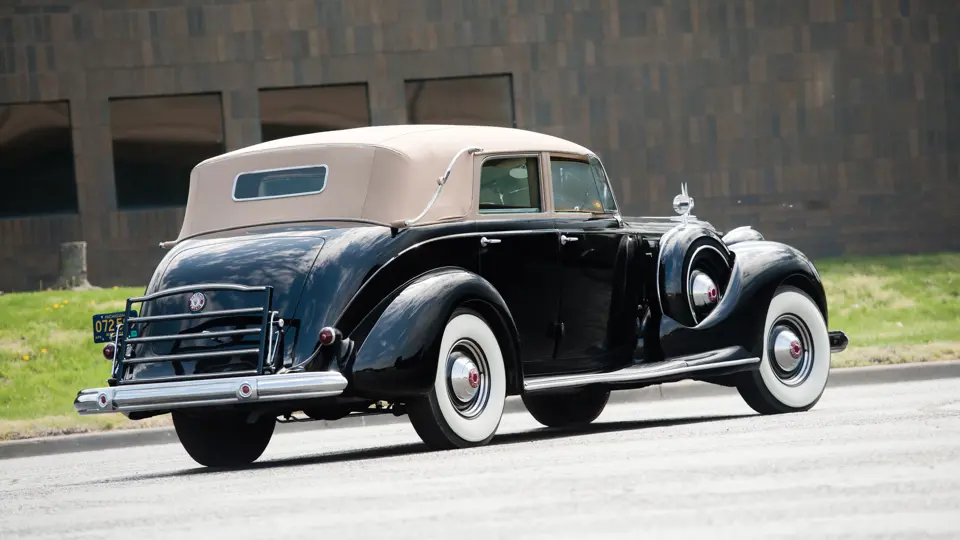
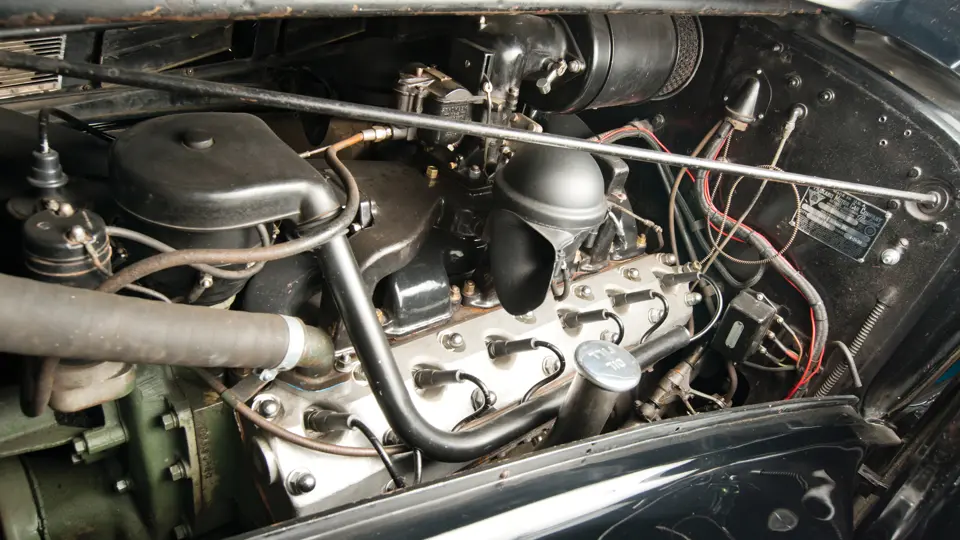
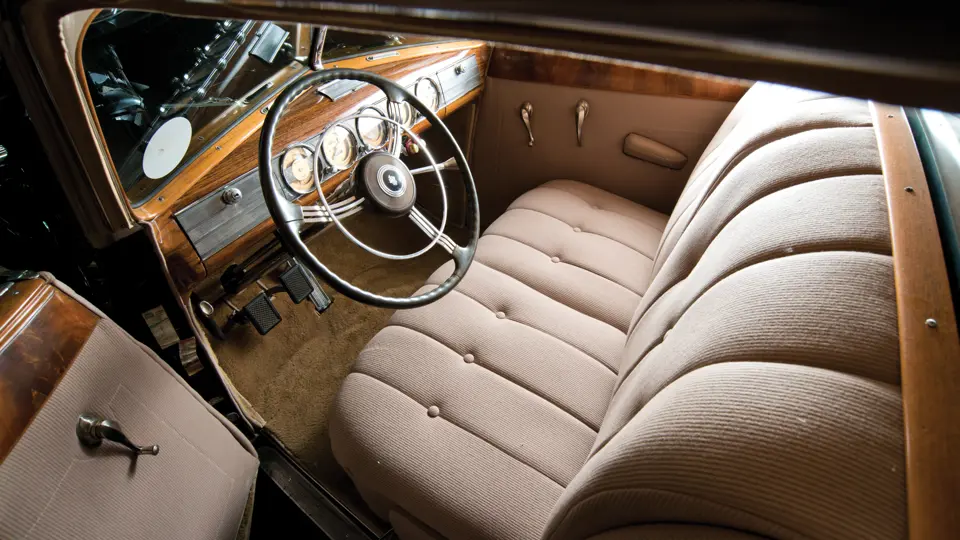

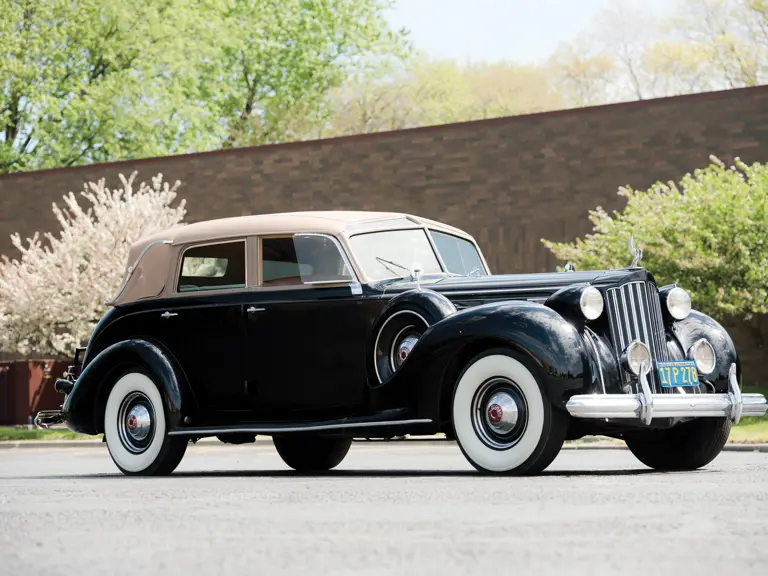
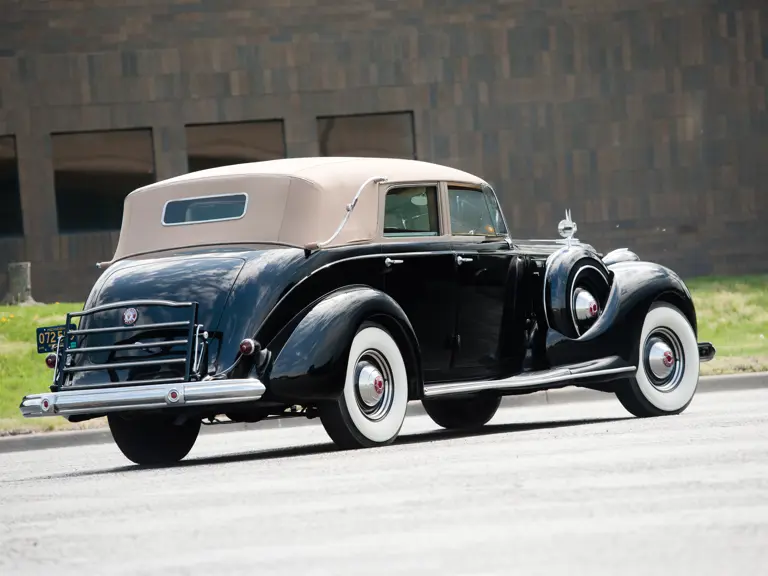
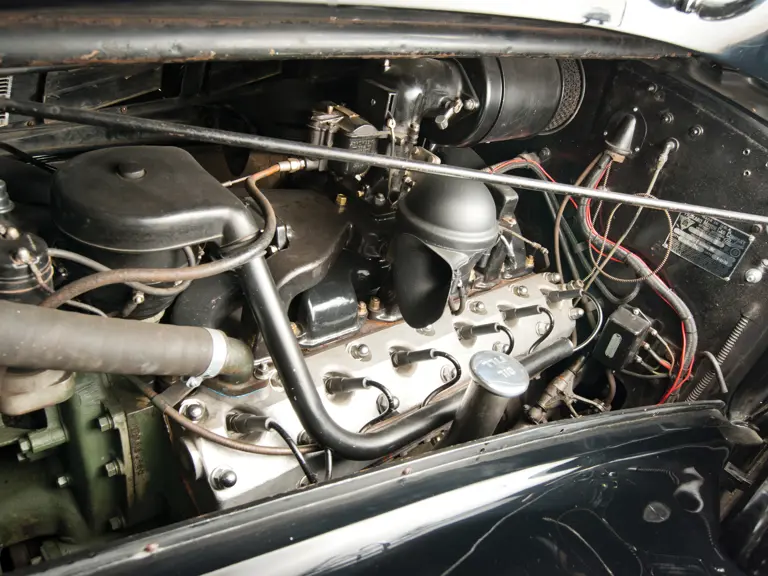
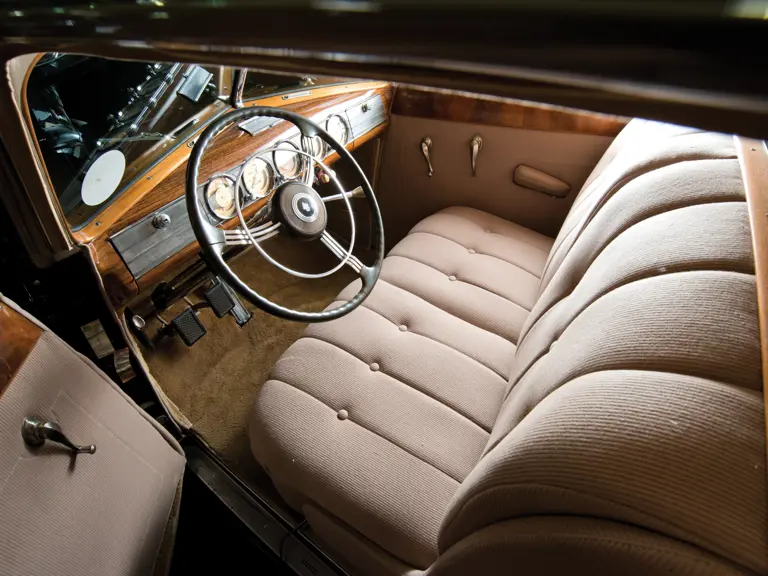
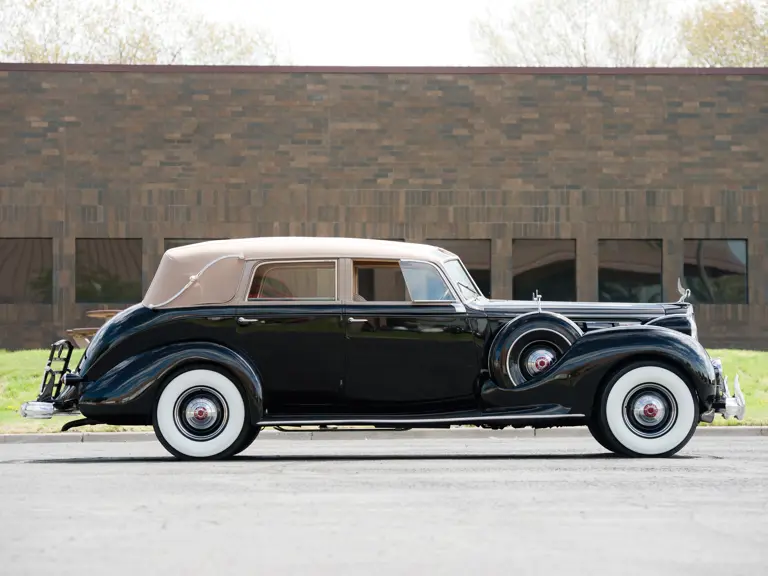
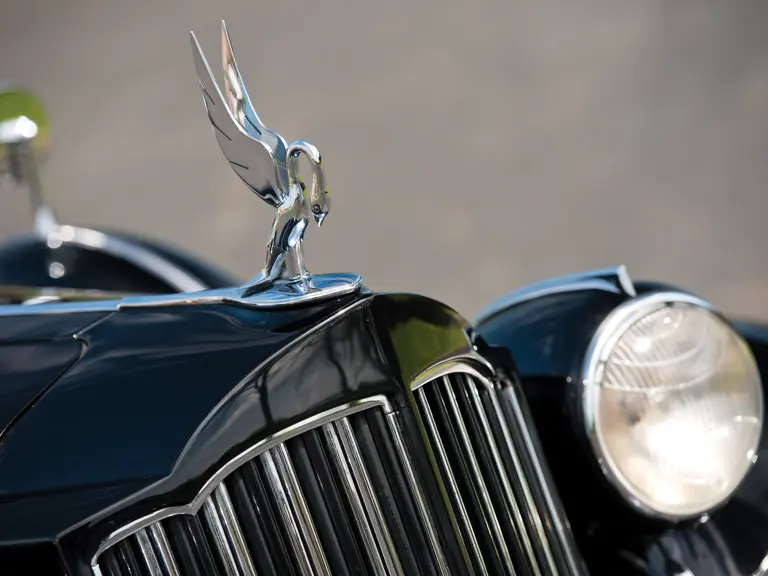
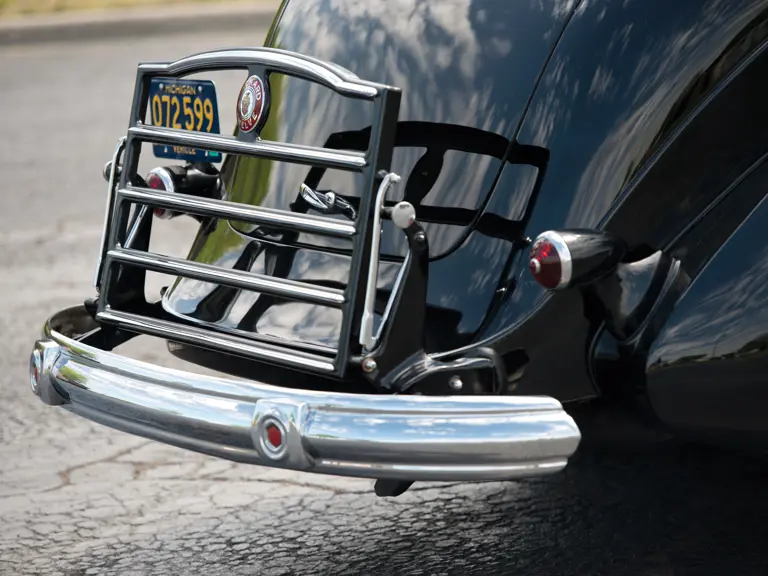
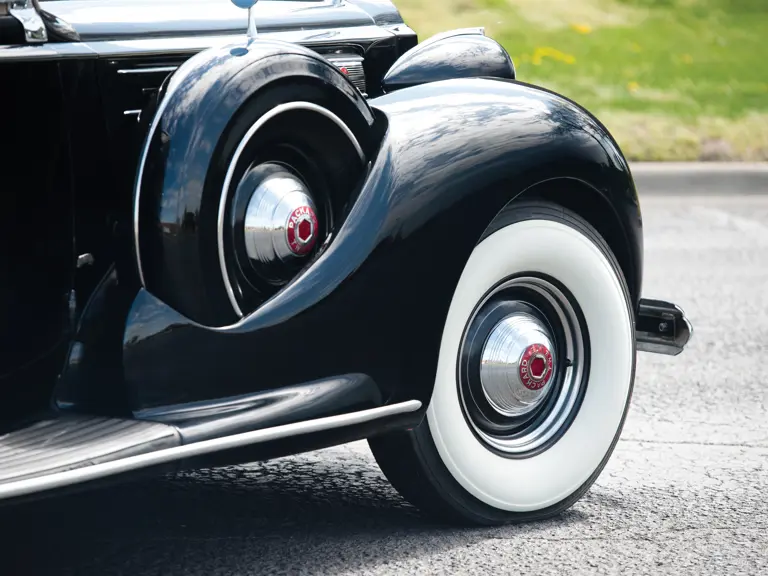
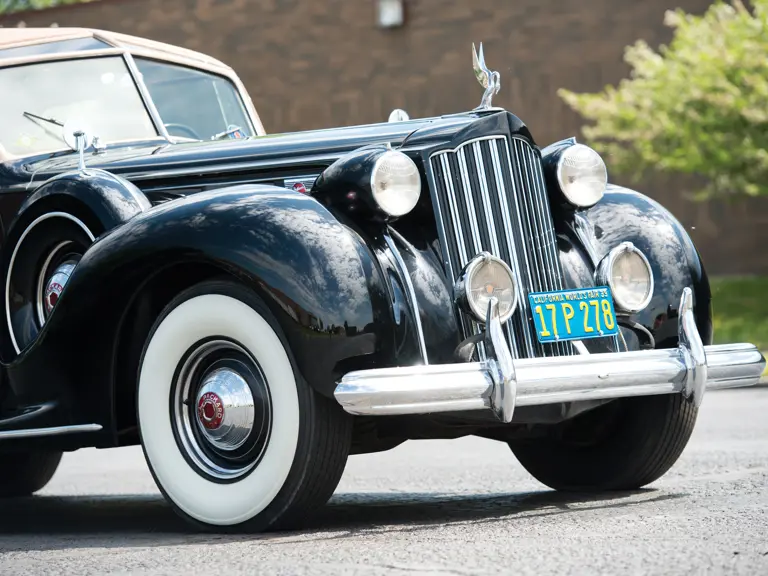
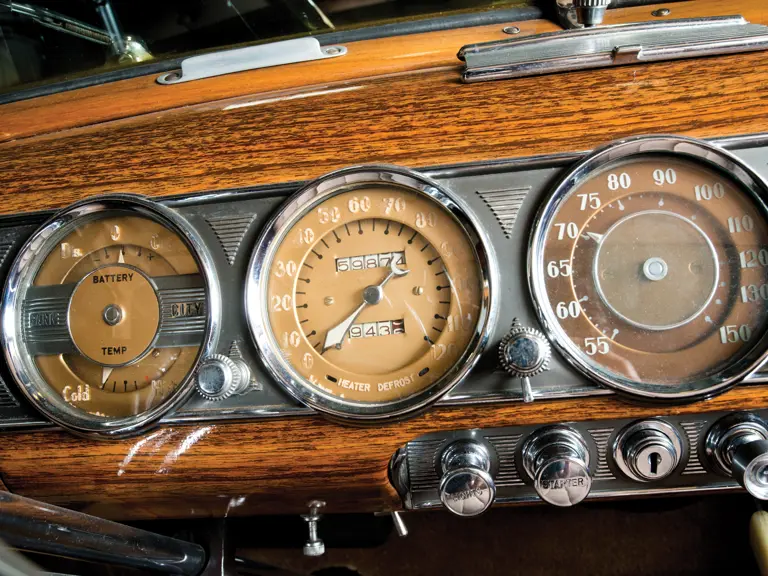
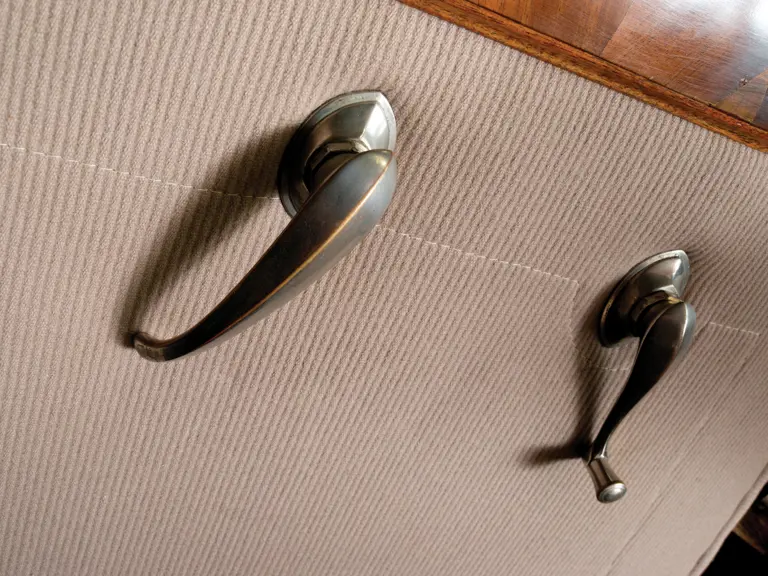
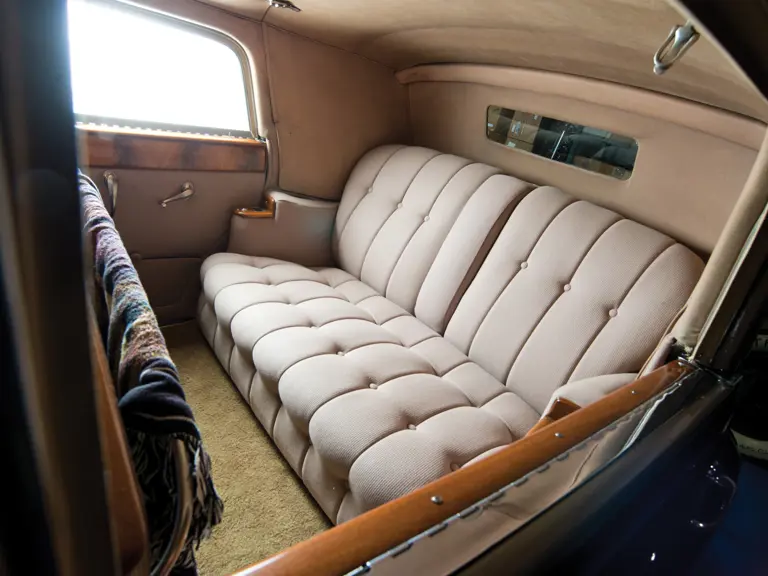
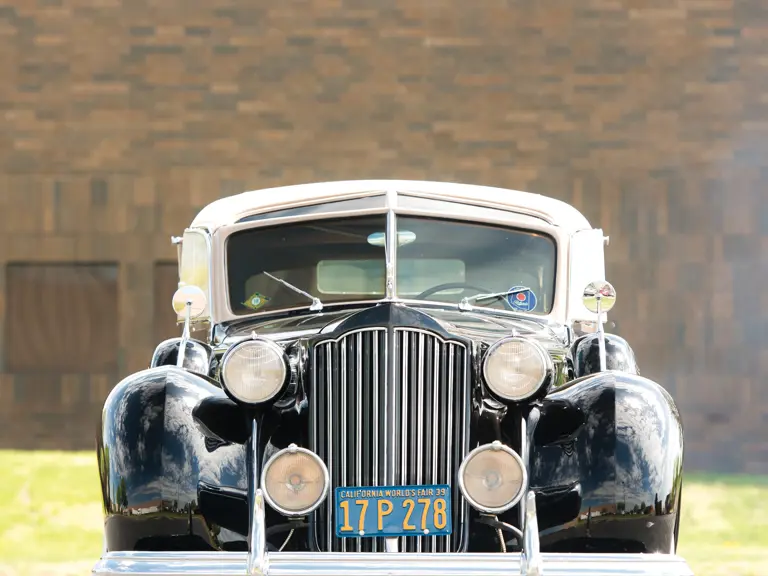
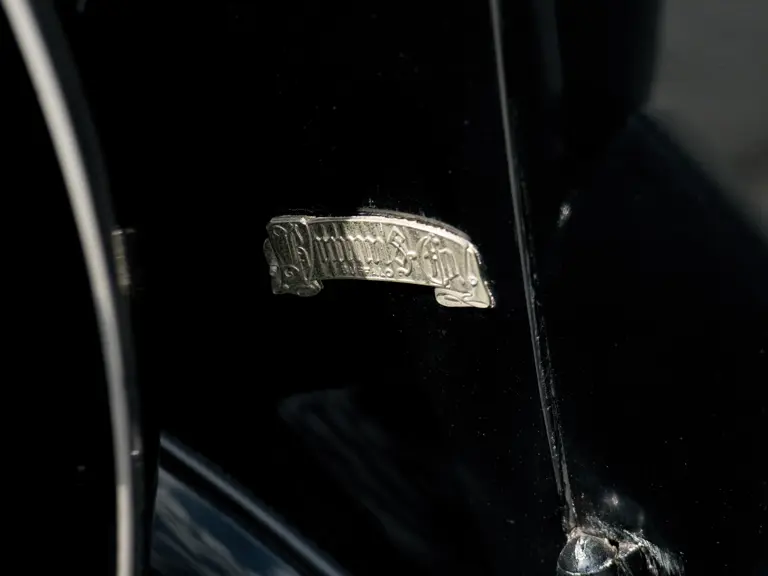
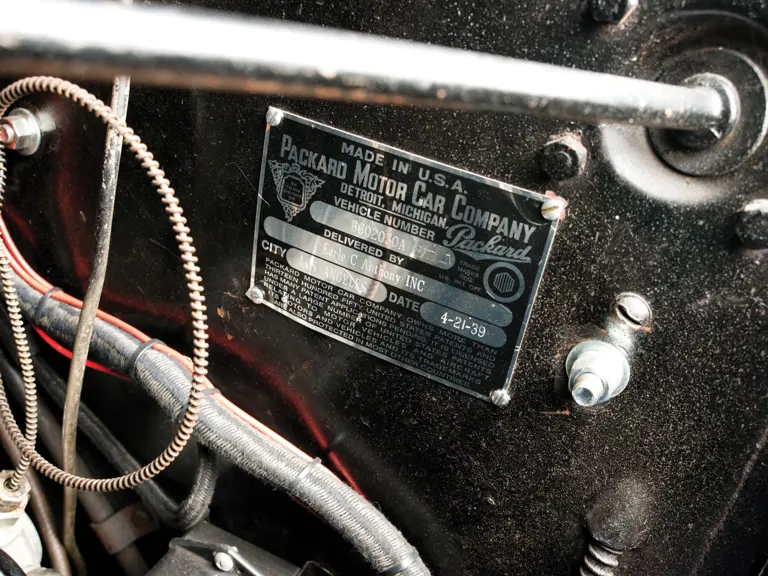
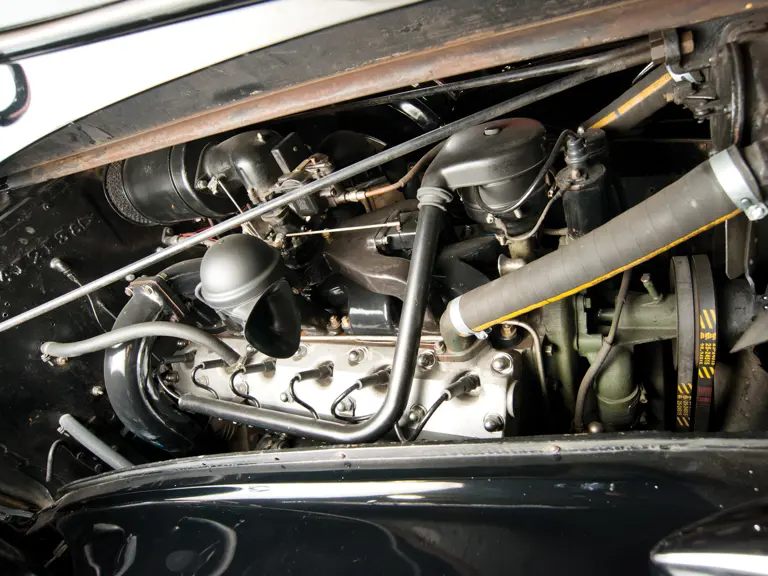
 | Plymouth, Michigan
| Plymouth, Michigan
